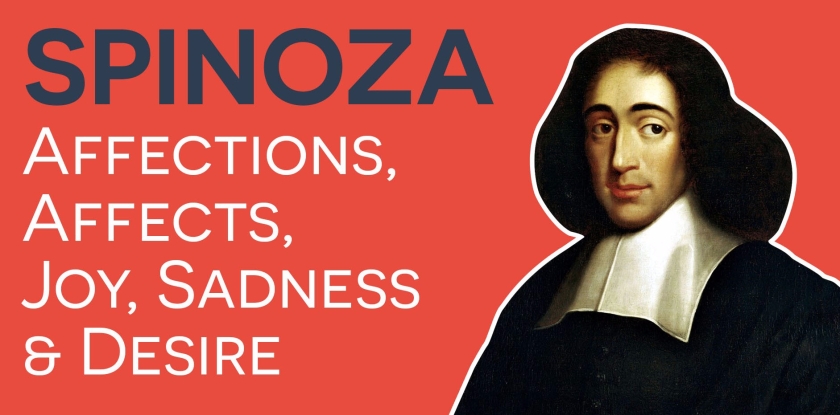
Teaching and joy, I’m joking right? For many working teachers today, the idea that it might be a joyful experience either for the teacher or the student is just not realistic. Sure, you might say some such claptrap in a job interview that teaching is just such a joy…but, in the real world, you’ve got to be kidding, right!?
And yet, there will inevitably be some good times. I’ve been a teacher in various English state schools for nearly a quarter of a century, and I’m now a teacher educator at Goldsmiths, University of London, helping post-graduate students become effective English teachers.
When I look back at my career in the classroom, I can recollect some joyful teaching experiences, which have mostly been when my students have been enjoying themselves by collaborating: drumming to their readings of poetry; acting out their own modern versions of Shakespeare’s plays; pursuing projects on humour, the Titanic and advertising; working out how to read a difficult but interesting passage in a group; doing improvisations and role plays. I have seen students genuinely joyful in these occasions: smiling and laughing at their enjoyment of the work. And that’s made the teaching joyful for me because joy – as we will see – is “contagious”.
But I’ve got to say, these moments of “optimum” joy have not been that frequent. And actually, while I think it’s important for teachers to provide students with these moments of joy, this is not really the type of joy I’m chiefly talking about in this book. No, I’m going to discuss a different species of joy, although what I will explore may well cover this “peak” moments as well. I’m going to explore the philosopher Benedict de Spinoza’s definition of joy and the implications it has for teachers.
Spinoza defines joy as a “man’s passage from a lesser to a greater perfection”. This definition takes some explaining but it’s worth going into depth right now about it because it forms the heart of my argument. I believe once a teacher is aware of Spinoza’s conception of joy, it will profoundly change his/her idea of his/her practice and life.
Benedict de Spinoza (1632-1677) lived in Holland and was excommunicated from the Jewish religious community for his controversial religious views which rejected Judaic conceptions of God as giving man “free will” and being separate from nature. He was a philosopher who wrote detailed tracts on various religious texts, politics and the philosopher Descartes. His best-known work, published after he died, was Ethics, which is a short but dense book which outlines his entire theory of life, the universe and everything. It begins with proving and defining the existence of God, who Spinoza believed is “Nature”, and ends with an explanation of how humans can live in a state of “blessedness” and achieve eternal life (of sorts).
Recently, his philosophy has enjoyed a renewed surge of interest with thinkers as diverse as Stuart Hampshire, Gilles Descartes, Roger Scruton and Antonio Negri writing books on him.
This website is not going to be like them. It is not a exploration of his philosophy, but rather a very “hands-on” practical discussion of his ideas and how they might be applied in the classroom. At the centre of it is an in-depth debate about how and why Spinoza’s concept of joy can be very useful to teachers.
What I love about Spinoza’s notions is that you don’t have to change anything to be affected by them. As a teacher, you won’t have to suddenly start leaping up and down and playing all sorts of arcane fun and games with your students in order to put his philosophy into practice. All you’ll have to do is to start thinking like him, and then, you may well discover that your teaching becomes more joyful.



